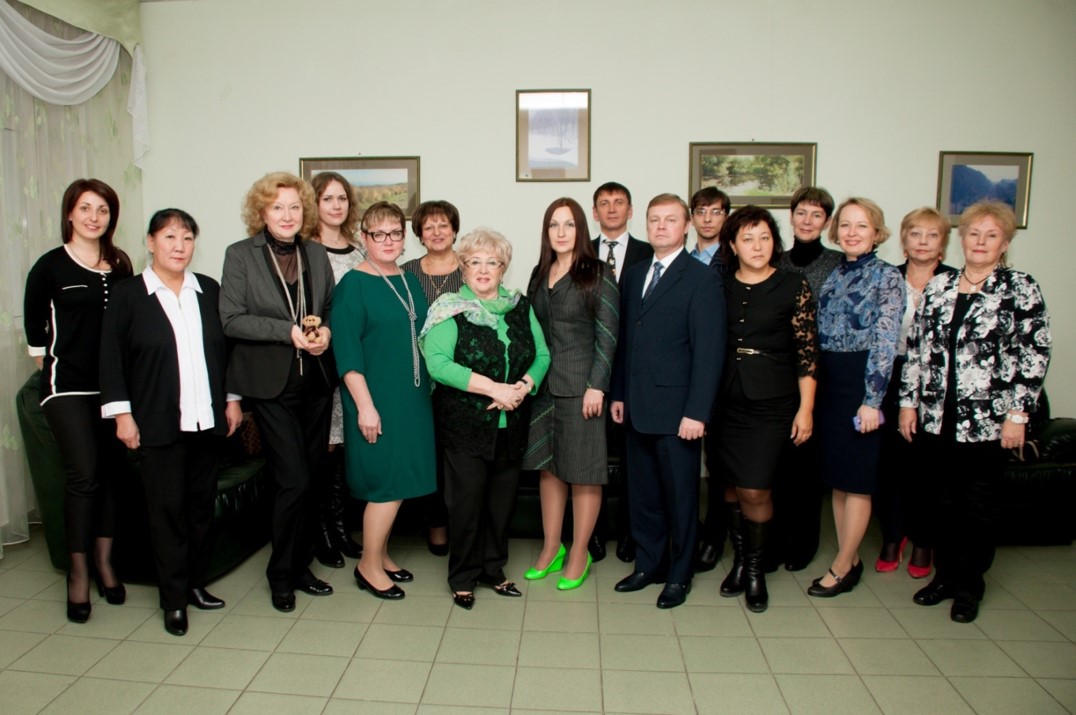The UNESCO Associated Schools Network
Information
The UNESCO-affiliated network of schools, established in 1953, brings together educational institutions from around the world with a shared goal to promote peace among children and young people. With over 12,000 member schools in more than 180 countries, the network supports the principles of international understanding, peaceful coexistence, intercultural dialogue, and sustainable development through quality education.
This network, driven by UNESCO, has become a key driver for innovation and excellence in education. It is recognized as an essential tool in achieving the goals of Global Citizenship Education and Education for Sustainable Development, as outlined in UNESCO's strategic objectives.
Goals 4
Education 2030.
The affiliated network of schools (ANS) utilizes three complementary approaches:
- formation: as a hub for innovation, the ANS develops, tests, and disseminates innovative educational materials, and promotes new methods of training and learning based on the core values and priorities of UNESCO.
- training and learning: through capacity-building, innovative approaches to learning, and collaborative studies of specific thematic areas, principals, teachers, students, and members of the school community are able to integrate UNESCO's values and serve as role models within their communities and beyond.
- engagement: the ANS provides opportunities for stakeholders to engage in communication and sharing of experiences, knowledge, and best practices with other schools, individuals, communities, policymakers, and society at large.
The network operates both internationally and nationally. A team based at the UNESCO headquarters in Paris oversees the international coordination of the network. At the state level, the UNESCO National Commissions of each country appoints national coordinators for the ANS. Principals, teachers, and students carry out activities in member schools.
The official website of the National Coordination Centre of the UNESCO Network of Associated Schools in Russia one can be find at www.aspnet-unesco.ru.
Management


Contacts
Areas of activity
Since 1957, a well-established project implementation system has been operating in Russia, according to which each school, under the leadership of a regional or national coordination center, works internationally, in regional projects and in projects based on educational institutions within the framework of priority areas:
- dissemination of information about the United Nations and UNESCO;
- education for sustainable development;
- exploring the world cultural and natural heritage;
- human rights and intercultural education.
In our activities, we adhere to UNESCO's four main aspects of the learning process: learning to know; learning to be able; learning to live and learning to live together.
#Learn to know - obtaining a wide range of general knowledge with the possibility of in-depth study of a limited number of subjects.
#Learn to be able - the acquisition, along with professional skills, of the ability to navigate various situations and work in a team.
#Learn to live in personal growth and develop the ability to act largely independently, based on one's own judgments and personal responsibility.
#Learn to live together — developing the ability to understand other people and appreciate interdependence.
Cooperation
Today there are 368 UNESCO affiliated schools in Russia. Nine regional coordination centers have been established and are successfully operating in our country, based on geographical principles: Moscow, the Center in Voronezh, Baltika-North in St. Petersburg, South Caucasus in Krasnodar, Volga in Kazan, Bashkortostan in Ufa, Ural in Izhevsk, Siberia-Altai in Khanty-Mansiysk and Sakha-Baikal in Yakutsk.
The project activities are carried out with the assistance of the international coordinator, the Commission of the Russian Federation for UNESCO, the UNESCO Institute for Information Technologies in Education, in cooperation with the Ministry of Education, local authorities, non-governmental institutions and business structures.
